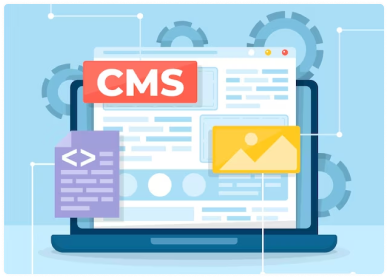Blogs
Cross-Platform vs. Native App Development: What to choose?

Author
Date
Category
Follow us
Choosing The Right Software For Your Application
The decision between cross-platform and native app development is a vital choice that can impact the outcome of your project profoundly. Each approach comes with its own set of benefits and limitations, making it essential to carefully evaluate which one aligns best with your project's distinctive objectives, requirements, and limitations. It's like picking the best tool for the job, and this choice can make a huge difference in how well your app turns out. So, take your time to think it through and choose wisely.
Cross-platform or native? The choice defines the journey and destination of your project, balancing universality with performance.
Understanding Cross-Platform and Native Development
Cross-platform development offers the advantage of writing code once and deploying it across multiple platforms like iOS and Android. This is made possible through frameworks like React Native, Flutter, or Xamarin. Cross-platform development can be a cost-effective solution, saving both time and resources compared to developing separate native apps for each platform. It’s especially advantageous when you have budget constraints or a need to reach a broader audience quickly. However, it's important to note cross-platform apps might not deliver the same level of performance as native apps.
Native app development, on the other hand, involves building distinctive applications for each platform, utilizing programming languages and development environments specific to iOS (Swift / Objective-C) and Android (Java / Kotlin). Native development excels in terms of performance, offering access to the platform - specific functionalities, and also providing a superior user experience. This approach is often favored when your project requires advanced features or when you have a larger budget to invest in the development process. Native apps can easily adapt to platform updates and new features, ensuring an ongoing compatibility and the ability to leverage the latest enhancements. This adaptability is crucial in maintaining your app's relevance and competitiveness in the ever-evolving mobile landscape.



What to choose?
When making this decision, you should consider your project's specific requirements, available budgets, timeline, and target audience. Cross - platform development may be a practical choice for simpler apps or startups with limited resources, while native development is preferred for complex applications that demand top-tier performance and an impeccably smooth user experience. In some instances, a hybrid approach that combines elements of both methods can strike a balance between development speed and app quality, providing an effective solution. Ultimately, your decision should be driven by what best serves your project's immediate needs and long-term objectives, ensuring the most successful outcome possible.
As you make this decision, consider the long - term objectives of your app and how each method aligns with its scalability and adaptability. Additionally, factor in the significance of user feedback and iterative development, which native apps often excel at. Ultimately, the key is to align your approach with your project's immediate needs and long-term goals.




